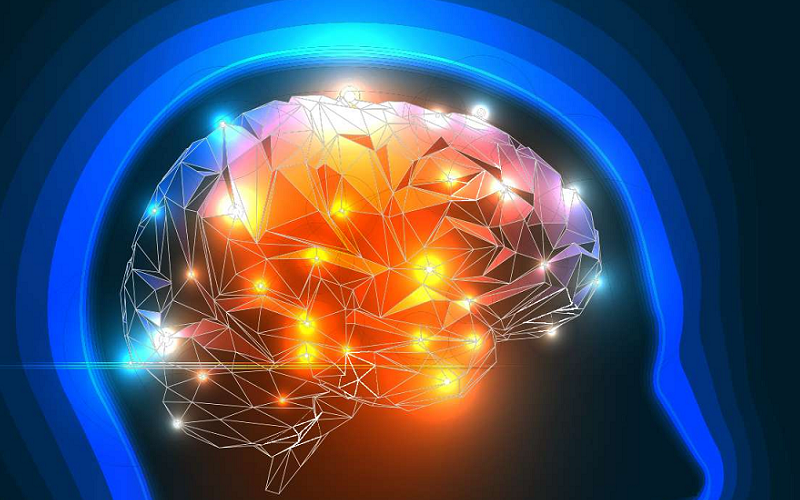
In recent years, the use of nootropics has become increasingly popular as a means of cognitive enhancement. Nootropics, also known as “smart drugs,” are substances that are purported to improve cognitive function, including memory, focus, and creativity. However, with the rise in popularity of nootropics, questions have arisen about the ethical considerations surrounding their use. Here we explore the benefits and risks of nootropics, the ethical considerations of using them, and the importance of balancing performance enhancement with safety.
What Are Nootropics
Nootropics, also known as “smart drugs” or cognitive enhancers, are substances that are believed to improve cognitive function, including memory, focus, and creativity. Some common examples of nootropics include caffeine, omega-3 fatty acids, and certain prescription drugs used to treat conditions like ADHD and narcolepsy.
While the exact mechanisms through which nootropics work are not fully understood, they are thought to affect various neurotransmitters in the brain, such as dopamine, serotonin, and acetylcholine, to enhance cognitive performance. However, it is important to note that the safety and effectiveness of many nootropics have not been extensively studied, and their use raises ethical considerations regarding personal autonomy, fairness, and long-term consequences.

Benefits and Risks of Nootropics
It is important to note that the benefits and risks of nootropics may vary depending on the specific substance and individual circumstances. It is always recommended to consult with a healthcare professional before taking any nootropics or other supplements.
Benefits of Nootropics
Nootropics have been purported to offer a range of potential benefits, including improved memory, focus, creativity, and overall cognitive performance.
- Improved cognitive performance: Nootropics are believed to enhance memory, attention, creativity, and overall cognitive function, which may be beneficial for individuals looking to improve their academic or professional performance.
- Increased productivity: Nootropics have been reported to increase motivation and productivity, allowing individuals to accomplish more in less time.
- Treating cognitive disorders: Some nootropics, such as prescription drugs used to treat ADHD, are approved for medical use in treating cognitive disorders.
Risks of Nootropics
While nootropics have been reported to offer cognitive benefits, their use also raises concerns regarding potential risks such as unknown long-term effects, addiction, and lack of regulation.
- Unknown long-term effects: The long-term effects of many nootropics are not fully understood, and their safety has not been extensively studied. Some nootropics may have adverse side effects or may interact negatively with other medications.
- Addiction and dependency: Some nootropics, particularly those that are stimulants, may be addictive and lead to dependence or abuse.
- Lack of regulation: Many nootropics are not regulated by governing bodies such as the FDA, which means that their quality, purity, and effectiveness cannot be guaranteed. Some nootropics may also be falsely marketed or labeled, leading to potential harm.

Ethical Considerations of Nootropics
The use of nootropics raises ethical considerations that must be taken into account. One important factor is personal autonomy and responsibility, as individuals should be able to make their own decisions about their health and cognitive function. However, this must be balanced against issues of fairness and equity in access to nootropics.
The potential consequences of widespread use, including the perpetuation of social and economic disparities, must also be considered. It is important to recognize that nootropics are not a panacea, and their use may have unintended consequences that could negatively impact individuals and society as a whole. As such, the ethical use of nootropics requires careful consideration of the potential risks and benefits, as well as the social and economic implications of their use.
It is important to note that the use of these substances can raise issues of fairness and equity. While some people may have access to high-quality nootropics and resources to pursue cognitive enhancement, others may not have the means to do so. This may perpetuate social and economic disparities, creating a situation where those who are already privileged have a further advantage in society.
Another concern is the potential consequences of widespread nootropics use. As these substances become more widely available and popular, there is a risk that they could be misused or abused, leading to negative health outcomes. There is a concern that nootropics may be used as a “quick fix” for cognitive performance, rather than focusing on long-term strategies for maintaining cognitive health, such as healthy lifestyle habits and ongoing learning and education.
In terms of personal autonomy and responsibility, some argue that individuals should be able to make their own choices about their cognitive function and health. However, it is important to ensure that individuals have access to accurate information about the risks and benefits of nootropics, and that they are not being taken advantage of by unscrupulous vendors or marketers.

Safety Regulations and Legal Implications of Nootropics
The regulation of nootropics is complex and varies depending on the specific substance and jurisdiction. In the United States, the FDA regulates prescription nootropics, but many over-the-counter nootropics are not subject to regulatory oversight. This means that their quality, purity, and effectiveness cannot be guaranteed.
In some countries, such as Australia and the UK, some nootropics are classified as prescription drugs and subject to regulatory oversight. Other countries, such as Russia, have more permissive laws regarding the sale and use of nootropics.
There is ongoing debate about the regulation of nootropics and the legal implications of their use. Some argue that nootropics should be subject to stricter regulation to ensure their safety and efficacy, while others argue that individuals should be free to make their own decisions about their cognitive function and health.
However, it is important to note that the lack of regulation and oversight of nootropics can have serious health consequences. Many nootropics have not been thoroughly studied, and their safety and long-term effects are not fully understood. Some nootropics may interact negatively with other medications or have adverse side effects.
It should be noted that many nootropics are sold online without any oversight or regulation. This can make it difficult for consumers to know what they are actually getting, and may lead to issues of quality control and consistency.
The lack of regulation of nootropics can also create issues of false advertising or misleading claims. Some nootropic manufacturers may make exaggerated claims about the effectiveness of their products, or may use marketing tactics that are not based in scientific evidence. This can lead to confusion and a lack of clarity about the actual benefits and risks of using nootropics.
There are also legal implications to consider when it comes to the use of nootropics. Some nootropics are classified as controlled substances in certain jurisdictions, and their use or sale may be subject to criminal penalties. This can create a situation where individuals who are using nootropics for cognitive enhancement may be inadvertently breaking the law, and could face legal consequences as a result.
